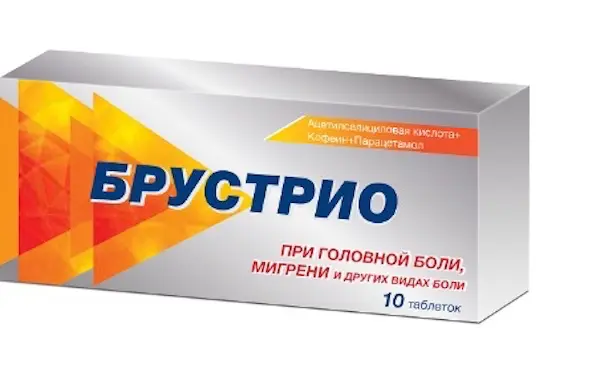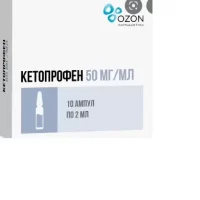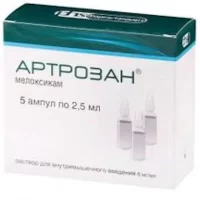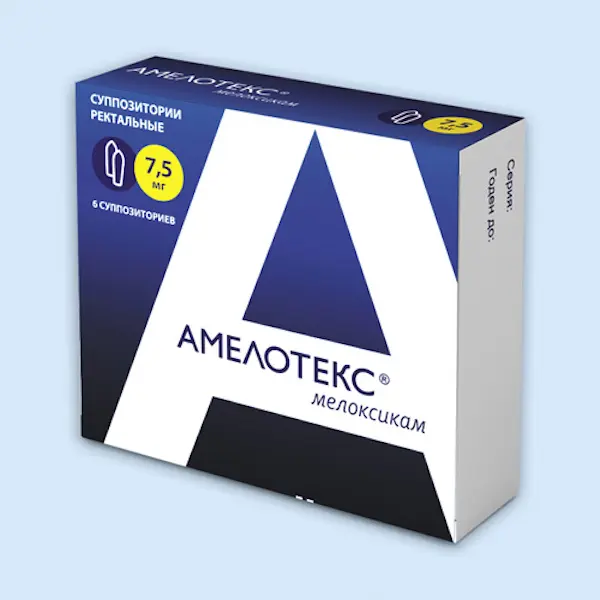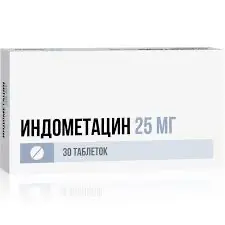Description
Brustrio Pharmacodynamics
Acetylsalicylic acid has antipyretic and anti-inflammatory effects, reduces pain, especially caused by inflammation, and moderately inhibits platelet aggregation and thrombosis, improves microcirculation in the inflamed area.
Caffeine increases reflex excitability of the spinal cord, excites respiratory and vasomotor centers, dilates blood vessels of skeletal muscles, brain, heart, kidneys, reduces platelet aggregation; reduces sleepiness, fatigue, increases mental and physical performance. In this combination, caffeine at a low dose has almost no stimulating effect on the central nervous system, but increases the tone of the cerebral vessels and helps accelerate blood flow.
Paracetamol has analgesic, antipyretic and very weak anti-inflammatory effects due to its influence on the thermoregulation center in the hypothalamus and a weak ability to inhibit the synthesis of prostaglandins in peripheral tissues.
Indications
Pain syndrome of mild to moderate severity (various genesis): headache, migraine, toothache, neuralgia, myalgia, arthralgia, algodysmenorrhea. Fever syndrome: with acute respiratory infections, influenza.
Contraindications .
Hypersensitivity to the main or auxiliary components of the drug; complete or incomplete combination of bronchial asthma, recurrent polyposis of the nose and sinuses, and intolerance to acetylsalicylic acid or other nonsteroidal anti-inflammatory drugs (including in anamnesis); gastrointestinal tract (GIT) erosive-ulcerative lesions (acute phase); gastrointestinal bleeding or perforation, peptic ulcer in the history; severe hepatic or renal failure; portal hypertension; degree III arterial hypertension; chronic heart failure III – IV functional class according to NYHA; hemophilia and other blood clotting disorders, hypothrombinemia; hemorrhagic diathesis; vitamin K deficiency; glucose-6-phosphate dehydrogenase deficiency; glaucoma; high nervous irritability and sleep disorders; pregnancy and lactation; children under 15 years of age as analgesic, in case of febrile syndrome – under 18 years; surgical interventions accompanied with heavy bleeding; concomitant use of methotrexate in dose more than 15 mg/week.
Caution
Mild to moderate hepatic and/or renal insufficiency, chronic heart failure NYHA functional class I-II, coronary heart disease, cerebrovascular disease, peripheral arterial disease, chronic obstructive pulmonary disease, epilepsy and susceptibility to seizures, gout, elderly age, alcoholism, smoking, concomitant use of methotrexate at a dose less than 15 mg/week, concomitant use with nonsteroidal anti-inflammatory drugs, glucocorticosteroids, anticoagulants, antiaggregants, selective serotonin reuptake inhibitors.
Administration during pregnancy and lactation
Administration of the drug during pregnancy and breast-feeding is contraindicated. Breast-feeding should be discontinued if it is necessary to use the drug.
Dosage and administration
- Orally (during or after a meal, with plenty of water for each dose).
- For pain relief in adults and children over 15 years: 1-2 tablets.
- At the first sign of migraine 2 tablets are taken; if necessary, take them again in 4-6 hours, but not more than 8 tablets per day. For treatment of headache and migraine the drug is used not more than 4 days.
- In febrile syndrome for adults, 2 tablets every 6 hours.
- The average daily dose is 3-4 tablets, the maximum daily dose is 8 tablets. The drug should not be used for more than 5 days as an analgesic and for more than 3 days as an antipyretic. If further use is necessary, it is necessary to consult a physician. Other doses and regimens are determined by the doctor.
- Elderly patients (over 65 years of age).
- Caution should be exercised in elderly patients, especially those with low body weight.
- Patients with hepatic and renal insufficiency
- Given the mechanism of action of acetylsalicylic acid and paracetamol, their use may aggravate renal and hepatic failure. Therefore, the drug should be used with caution in mild to moderate renal and hepatic insufficiency.

